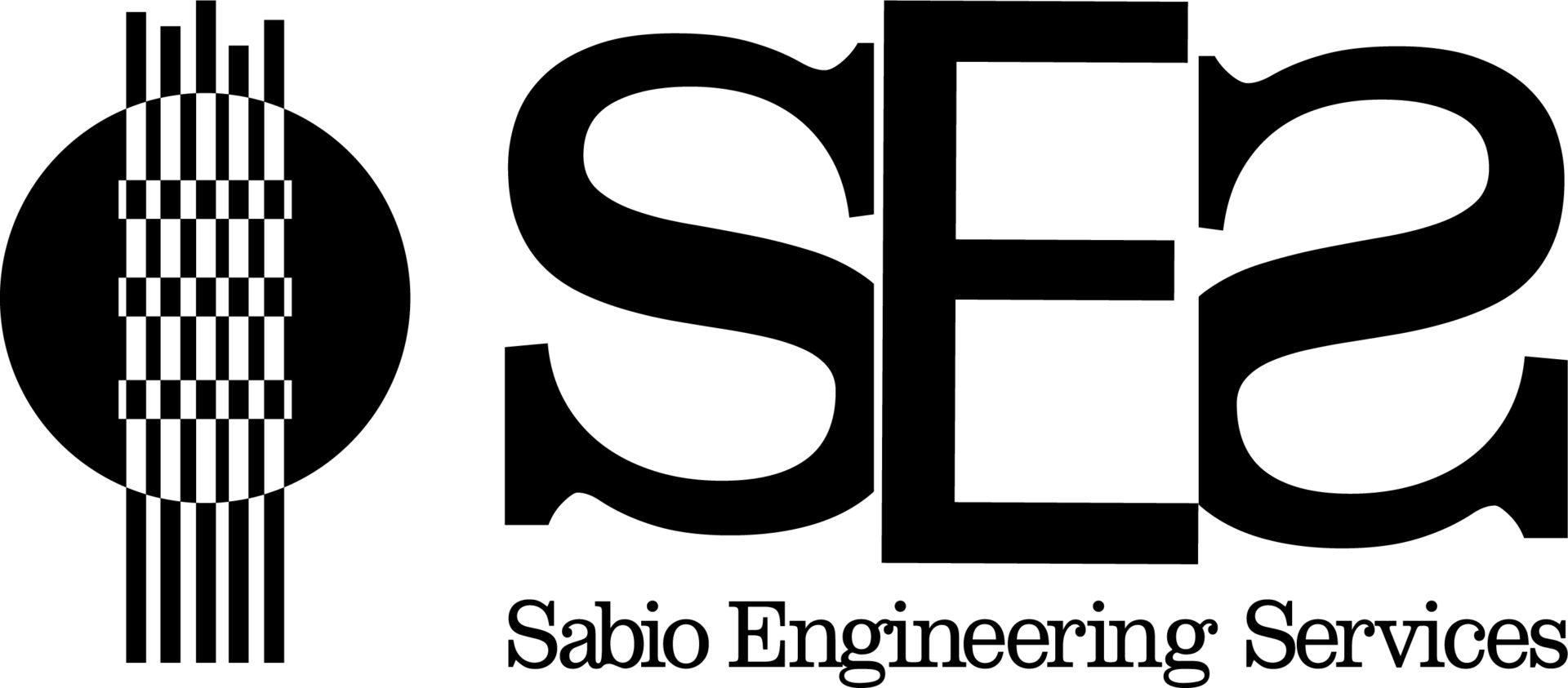Standards? What are those?
When designing structures and planning for the construction of any building, there are many processes involved. This is especially true when it comes to structural design because there must be some form of standardization across the board. If a construction material is picked, there needs to be a way of remaining aware of the quality of that material. The reason being that structures are exposed to many different forces, i.e. stress, bearing, weather, and many more, so we need to make sure that the building materials remain strong enough.
We can accomplish this task using codes, and in this article, we will focus on concrete as one of those materials. Concrete is a widely used construction material that stands the test of time. It is used in any project from homes to skyscrapers, but it too can wear down with time. So, how can structural engineers keep track of the concrete’s strength throughout time? Well, we use codes for concrete.
What are they used for?
Like we mentioned earlier, we use codes of concrete to maintain rigorous standards and ensure the right selection of concrete. For instance, if a structural engineer is helping to design a skyscraper, they would not use the same concrete all throughout the skyscraper. For the foundation (or base) of the skyscraper, they would use a much stronger mixture of concrete. The reason being that the entire weight of the skyscraper coupled with water and soil would be placed on the foundation. Thus, if incorrect concrete were selected, the entire structural integrity of the building would be placed in jeopardy. Hence, these different areas of a project would use different concrete codes to indicate different required strengths.
Do I need codes of concrete?
If you are not sure of whether you need codes of concrete, then you should consult a professional structural engineer. More specifically, a structural engineer certified in concrete design and analysis. These professionals can accurately assess projects and see what different codes of concrete are needed, along with their respective areas. It may seem tempting to avoid this step, but it will certainly save your construction project the danger of falling victim to a design error, and your wallet too.
Do you need to consult about codes of concrete for your project? Contact Sabio Engineering Services. Our engineers are certified in concrete design and analysis!
Contact us at (929) 381-0030 or visit our website.


